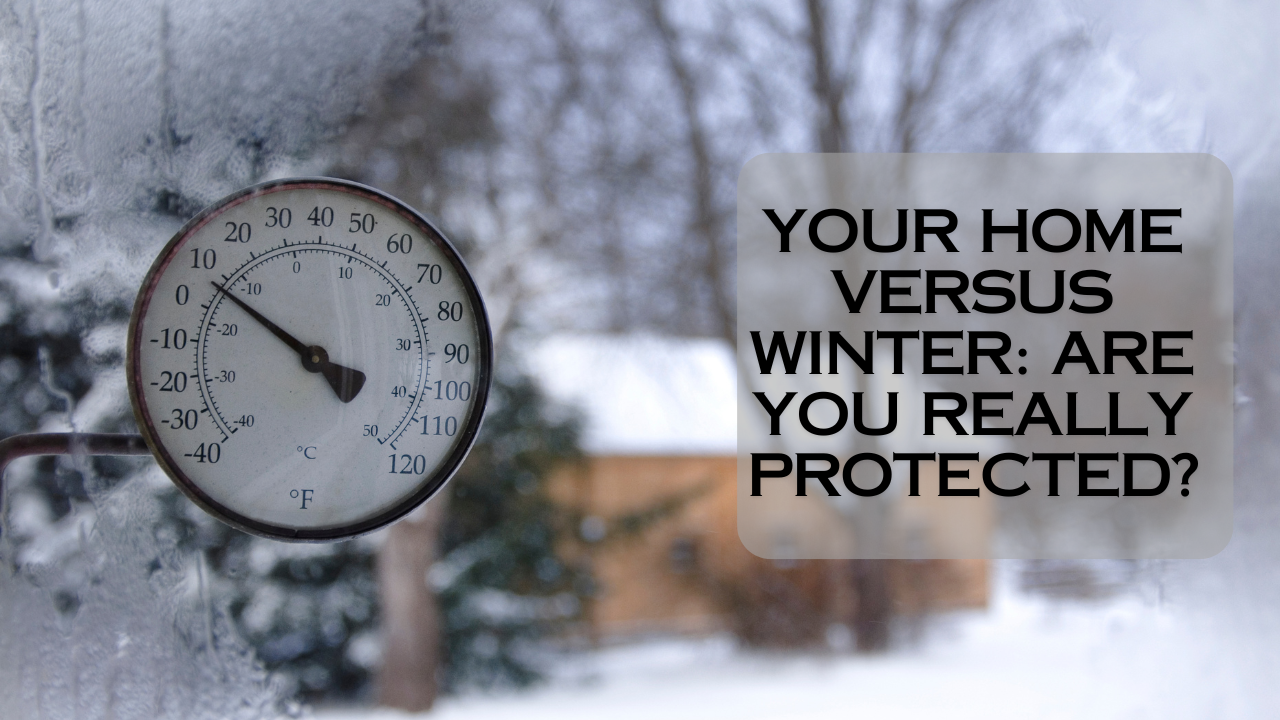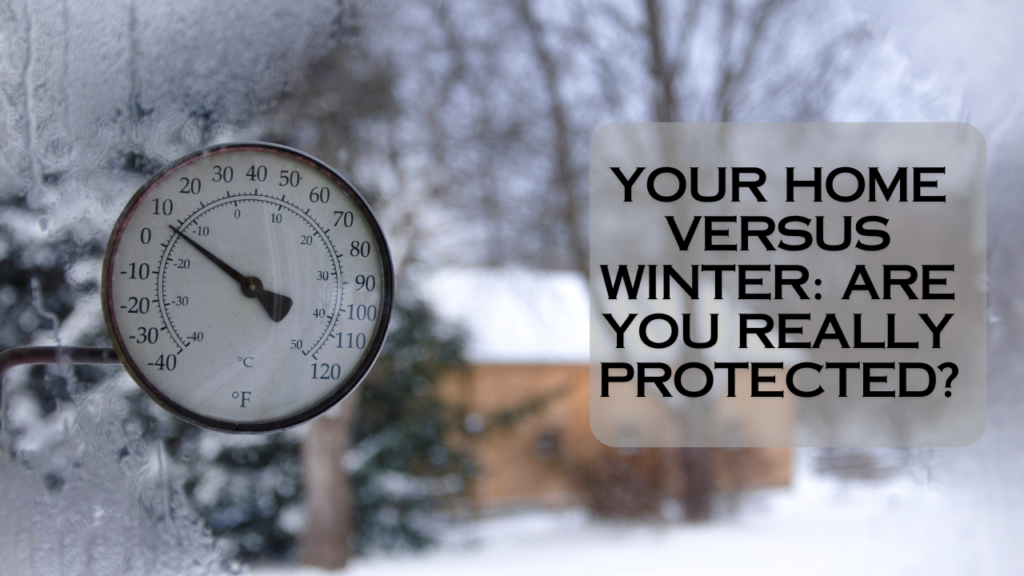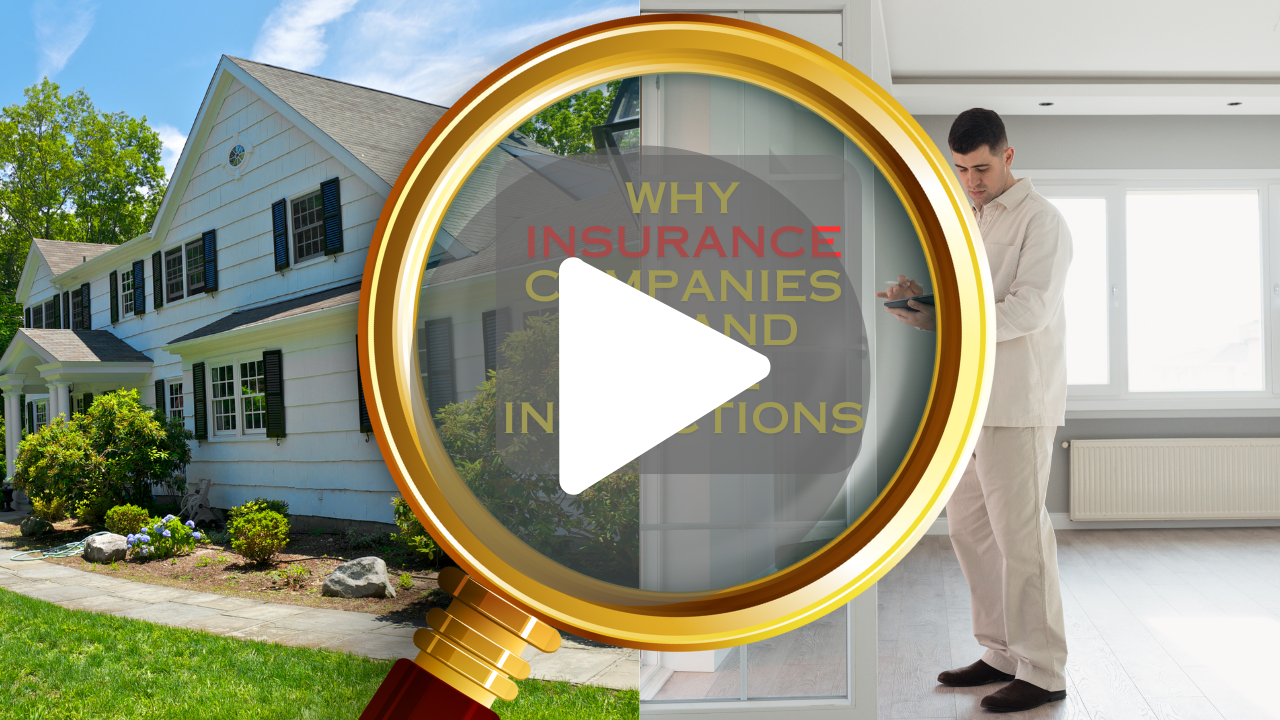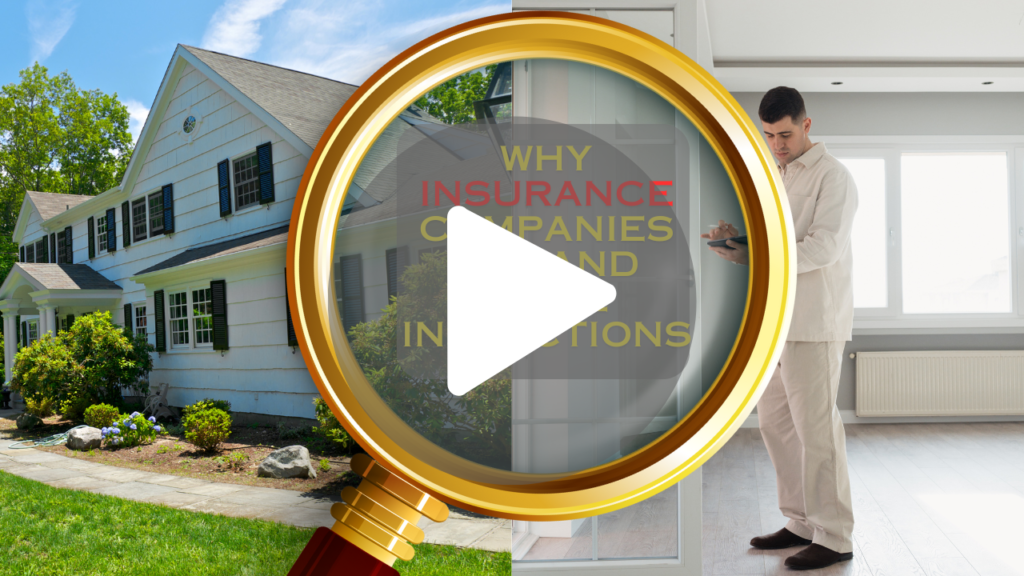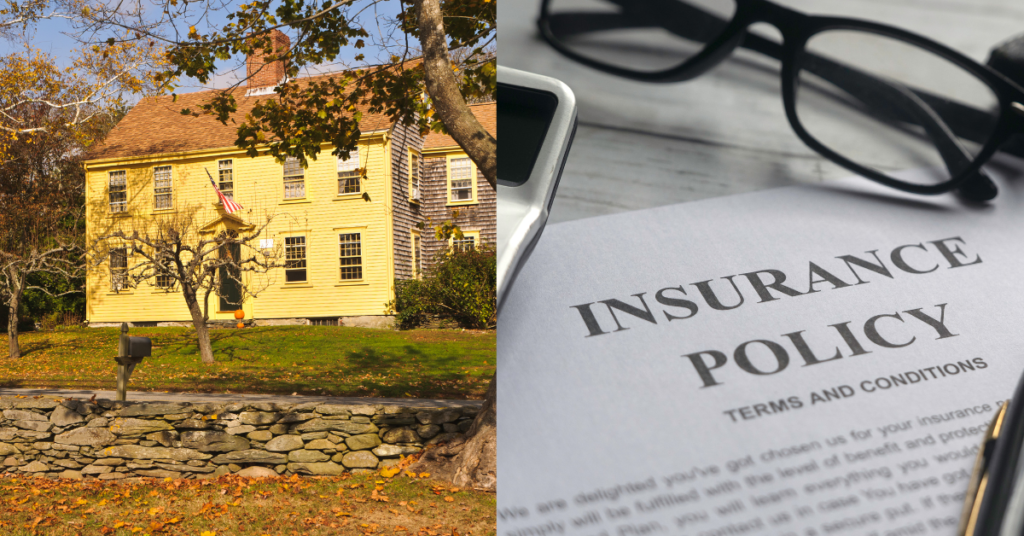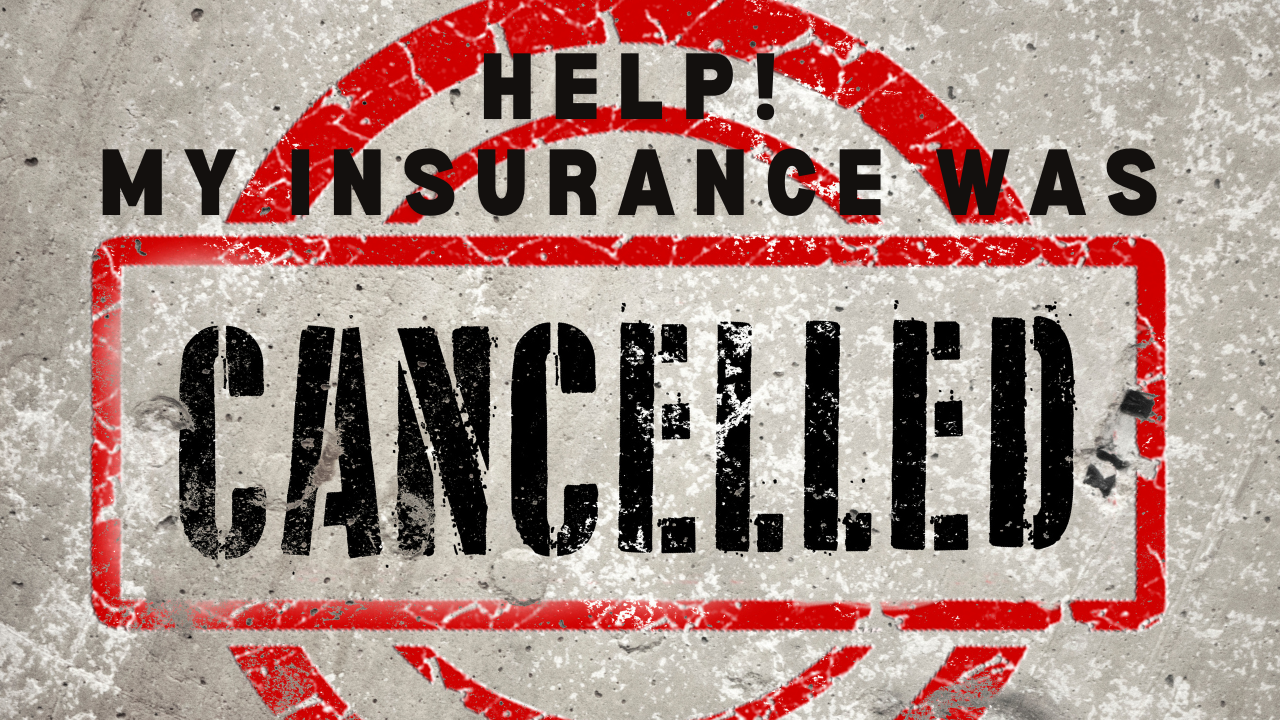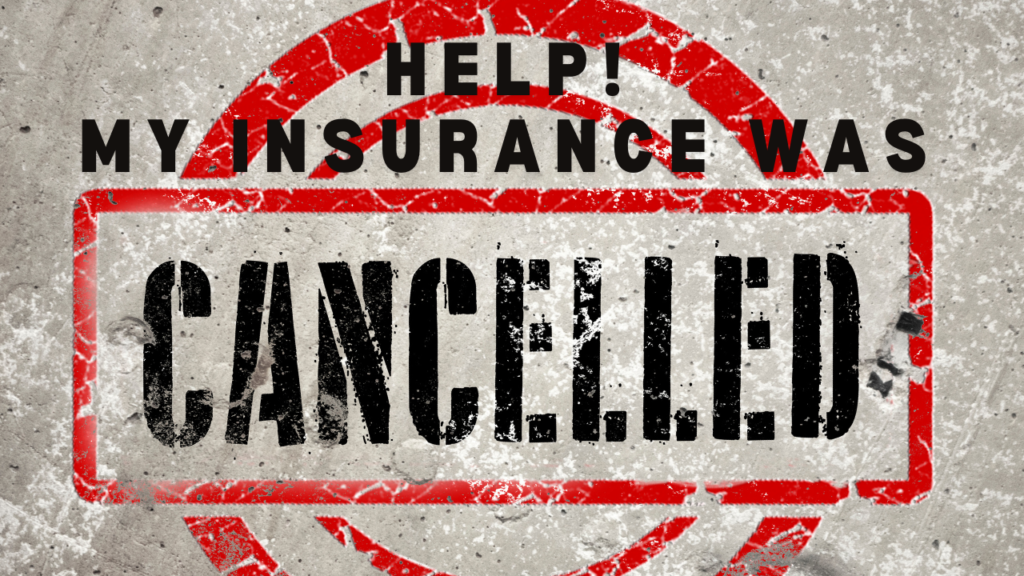Everything You Need To Know About Scheduled Items (Including Cost Estimates and an insider tip)
That beautiful inherited china collection gets stolen, or your brand new engagement ring accidentally falls down the drain – what do you do? While your homeowners, renters, or condo insurance policy includes personal property coverage to protect your belongings, certain high-value items may have significant coverage limitations. to learn more, click here.
At Vargas & Vargas Insurance, we understand the importance of protecting your valuable belongings properly. We’ve helped countless clients secure comprehensive coverage for everything from silverware to golf clubs through scheduled personal property coverage.
What are scheduled items?
Scheduled items are additional coverages added to existing policies (home, condo, or renters) that provide greater protection for valuables than standard personal property coverage. While personal property coverage protects your possessions from covered damages like theft, water or fire damage, and vandalism, the coverage limits may not adequately protect your higher-value possessions.
A major advantage of scheduling items: there’s no deductible. You’ll never pay out of pocket for claims on lost or damaged scheduled items. Plus, scheduling includes coverage for mysterious disappearances (losing or misplacing an item) – something not included in standard coverage.
What scheduled personal property covers and cost
Here are common items that can be scheduled, along with typical annual premium costs:
Jewelry & Watches
- Engagement rings/wedding bands: 1.3-1.4% of value ($130-140 annually per $10,000 value)
- Fine jewelry: 1.3-1.4% of value
- Luxury watches: 1.5-2% of value ($150-200 annually per $10,000 value)
Art & Collectibles
- Paintings: 0.8-1% of value ($80-100 annually per $10,000 value)
- Antiques: 0.7-1% of value
- Collectibles: 1-1.2% of value
- Silverware: 0.5-0.7% of value ($50-70 annually per $10,000 value)
Other Valuable Items
- Furs: 1.5-2% of value
- Firearms: 0.9-1.2% of value ($90-120 annually per $10,000 value)
- Musical Instruments: 1-1.5% of value
- High-end bicycles: 1.5-2% of value
- Professional cameras: 1.2-1.5% of value
What’s not covered:
Typically excluded items:
- Phones
- Microphones
- Drones
- Sunglasses
- Dentures
Additionally, scheduling doesn’t cover normal wear and tear, rust, or gradual deterioration.
Coverage Options: Scheduled Items vs. Standalone Policies
When protecting your valuables, you have several options:
Traditional Scheduled Personal Property
Adding scheduled items to your home insurance works well for most situations and provides comprehensive coverage for various items.
Personal Articles Floater and Inland Marine Policies
These separate policies, rather than endorsements on your home insurance, are ideal for covering multiple items or entire collections under one policy.
Tip: A standalone jewelry insurance policy is a smart alternative
For significant jewelry collections, a separate jewelry policy offers unique advantages:
Key Benefits of Standalone Jewelry Insurance:
- Portable Coverage: Your jewelry remains protected even when switching home insurance carriers
- No New Appraisals Needed: When changing home insurance providers, you won’t need to get new appraisals
- Simplified Claims Process: Deal directly with jewelry insurance specialists who understand the nuances of jewelry claims
- Coverage Continuity: No coverage gaps when changing home insurance policies
- Specialized Expertise: Work with insurers who specifically understand jewelry risks and value
- Flexible Policy Terms: Often includes options for worldwide coverage and mysterious disappearance
- No Impact on Home Insurance: Jewelry claims won’t affect your home insurance rates or claims history
Typical costs for standalone jewelry insurance range from 1-2% of the jewelry’s value annually, comparable to scheduling on your home policy but with added benefits and flexibility.
Cost Considerations and Value Assessment
The cost of scheduling items depends on:
- The item’s appraised value
- The type of item
- Your location
- Your insurance provider
When comparing costs between scheduled coverage and standalone jewelry policies, consider the long-term benefits. While annual premiums might be similar, the convenience of maintaining coverage during carrier changes and avoiding repeated appraisal costs can make standalone policies more economical over time.
For example:
- Scheduling a $5,000 engagement ring might cost $65-70 annually
- A $20,000 art piece could cost $160-200 per year
- A complete jewelry collection worth $50,000 on a standalone policy might cost $750-1,000 annually
Pro tip: We recommend regular appraisals (every 2-3 years) to adjust coverage based on current market values and depreciation.
How to Schedule Personal Property
The process is straightforward:
- Contact your insurance agent
- Provide proof of value (recent appraisal or receipt)
- Review coverage options and costs
- Add items to your policy
Finding the Right Protection
While you can’t always prevent damage or loss, proper insurance coverage provides peace of mind knowing your valuable items are fully protected. When deciding what to schedule, consider:
- Items worth several thousand dollars or more
- Irreplaceable family heirlooms
- High-value collections
- Items you frequently wear or use
Remember: While the annual cost might seem significant, it’s a small price to pay compared to replacing these items out-of-pocket.
For more information about potential gaps in your coverage, check out our article: “5 Things that May be Missing from Your Home Insurance Policy.”
Want to learn more about scheduling your valuable items? Contact our team at Vargas & Vargas Insurance today for a personalized consultation and detailed quote comparison between scheduled property and standalone policies.



